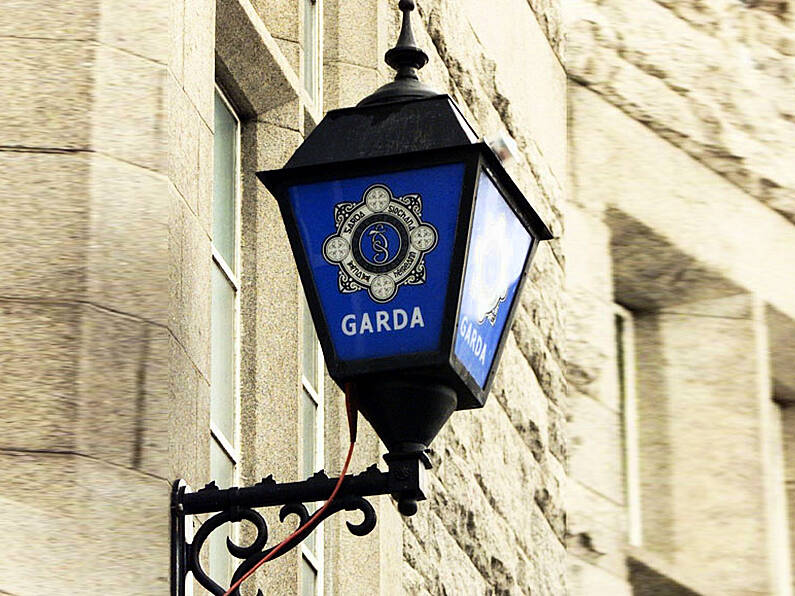By Geoff Percival
Dublin’s emergence as the most expensive eurozone city in which to work for foreign nationals should be treated as “a wake up call” and “warning sign” to the Government regarding Ireland’s future economic wellbeing, an economist has warned.
The continued rise in residential rents has seen the capital leap-frog Paris to become the most expensive city in the eurozone to which to relocate for work, according to HR consultancy Mercer.
In its latest cost of living survey, Mercer ranks Dublin as the 32nd priciest location worldwide — up 34 places from 66 just 12 months ago — and the highest in the single currency region.
Merrion Capital’s chief economist Alan McQuaid said the ranking should not be viewed as a total surprise, but should, nevertheless, act as “a wake-up call” and a “warning sign, which if not heeded, could have negative consequences” for the economy, in the form of a talent drain and a potential long-term decline in inward investment.
“Low housing supply, mixed with strong demand, is putting pressure on rents, but other key issues - such as transport links, services costs and broadband connectivity — also need addressing,” he said.
Dublin has the added pressure of accounting for around half of Ireland’s GDP, much higher than most other European capitals.
“Rising costs of services — including insurance and medical costs— haven’t been addressed despite being highlighted as a concern by the troika. The Government’s hands are also tied, with the make-up of the Dáil, and the reliance on Fianna Fáil and the Independents hampering serious policy decisions,” said Mr McQuaid.
Employers’ body Ibec last week warned that the housing shortage and insufficient public infrastructure are diminishing Ireland’s ability to attract and retain the best talent and are also undermining the country’s competitive base.
“These problems are feeding into the workplace in the form of higher wage demands, rising commercial rents and pressure on maintaining productivity. Ireland needs to fix these problems or risk developing systemic economic uncompetitiveness and losing talented people,” said Ibec chief executive Danny McCoy.
Mercer said the rise of western European cities in the latest rankings is mainly as a result of strong local currencies against the dollar as well as the costs of goods and services.
“Whilst all cities in the eurozone have risen in the rankings due to the euro strength against the US dollar, Dublin has now overtaken Paris to become the most expensive city in the eurozone, in terms of cost of living for expatriate workers,” said Mercer’s senior consultant Noel O’Connor.
“The survey identifies cost pressures on expatriate rental accommodation in Dublin as the key driver of this and this, in turn, reflects the growth of the economy with continuing high levels of foreign direct investment,” Mr O’Connor said.
While nobody at the IDA was available for comment on the latest Mercer rankings, the agency warned earlier this month that Ireland could see an erosion of inward investment flows if it becomes complacent about its competitiveness.
A study by EY, this month, showed Ireland dropping out of the top 10 most attractive European destinations for FDI.






